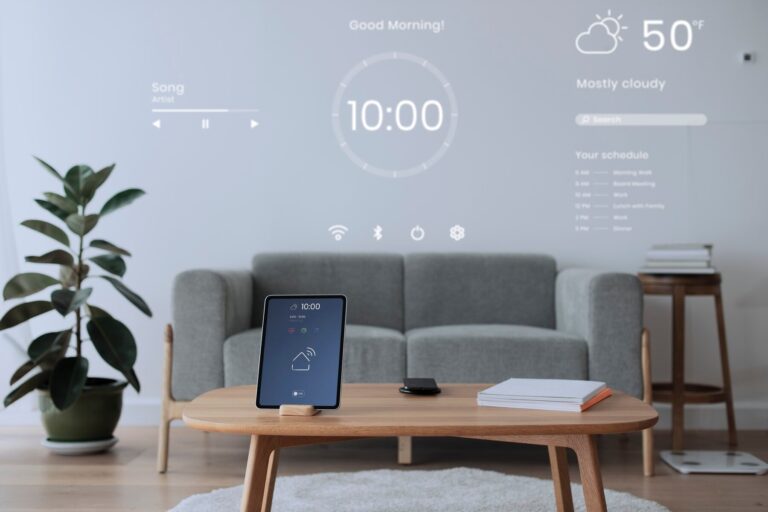IoT Opportunities in Retail, Energy, and Manufacturing

The Internet of Things (IoT) is revolutionizing how industries function by providing real-time insights, increasing operational efficiency, and enhancing customer experiences. In retail, energy, and manufacturing, IoT is paving the way for smarter decision-making and unprecedented levels of innovation. Let’s explore how IoT is creating transformative opportunities in these three critical sectors.
IoT in Retail: Enhancing Customer Experience
Retail businesses leverage IoT to streamline operations and provide personalized shopping experiences. Smart shelves, RFID tracking, and IoT-enabled point-of-sale systems ensure inventory is always stocked, minimizing stockouts and overstock issues. Beacons and customer analytics tools offer personalized promotions based on real-time location data, improving customer engagement.
IoT in Energy: Driving Sustainability and Efficiency
In the energy sector, IoT solutions help monitor and optimize energy consumption, reduce waste, and integrate renewable sources into grids. Smart meters and IoT-enabled grid management systems allow utility companies to analyze real-time energy usage and predict demand, ensuring stability while reducing costs. IoT also enables remote monitoring of solar farms and wind turbines, enhancing operational efficiency.
IoT in Manufacturing: Optimizing Production
IoT plays a crucial role in the transformation of manufacturing through predictive maintenance, real-time equipment monitoring, and enhanced quality control. Sensors embedded in machinery help detect faults before breakdowns occur, reducing downtime. IoT-enabled production lines adjust processes dynamically, ensuring consistent product quality while minimizing waste.
Comparative Analysis of IoT Opportunities
| Industry | Key IoT Applications | Benefits | Challenges |
|---|---|---|---|
| Retail | Smart shelves, RFID tracking, beacons, POS data | Personalized experiences, efficient inventory management | Data privacy, high implementation costs |
| Energy | Smart grids, renewable monitoring, smart meters | Energy savings, demand forecasting, sustainability goals | Cybersecurity, infrastructure costs |
| Manufacturing | Predictive maintenance, quality control, robotics | Reduced downtime, improved efficiency, cost savings | Integration with legacy systems |
FAQs on IoT in Retail, Energy, and Manufacturing
1. What is the biggest advantage of IoT in retail?
IoT enhances the customer shopping experience through personalized recommendations, efficient inventory management, and seamless checkout processes.
2. How does IoT contribute to sustainability in energy?
IoT monitors energy usage, predicts demand, and integrates renewable energy sources into grids, reducing waste and promoting sustainable energy practices.
3. Can IoT prevent manufacturing downtime?
Yes, IoT uses predictive maintenance to identify potential equipment failures before they happen, significantly reducing unplanned downtime.
4. Are IoT solutions scalable for small businesses?
Absolutely. IoT solutions like inventory management or smart energy monitoring can be tailored to the size and needs of small businesses.
5. What are the security risks of IoT in these industries?
IoT devices are vulnerable to cyberattacks if not secured properly. Implementing robust cybersecurity measures is essential to mitigate risks.
IoT is a transformative force reshaping retail, energy, and manufacturing industries. By harnessing its potential, businesses can unlock greater efficiency, sustainability, and customer satisfaction. While challenges exist, the opportunities far outweigh the hurdles, making IoT a cornerstone of the future across sectors.



